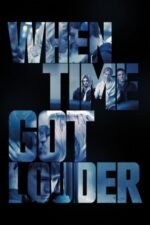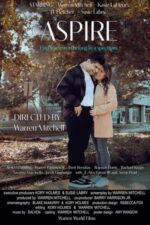Beyond the Surface: Cinema and Understanding Autism
It’s a topic that's thankfully gaining more nuanced representation on screen, but for years, portrayals of autism in film often felt… well, simplistic. We’ve come a long way from those depictions, though, and I think it’s really important to acknowledge the progress while also recognizing how much further we still have to go. It's not just about seeing someone with autism on screen; it's about understanding their experience, their perspective – and that requires more than just a surface-level narrative.
What does it mean to represent something as complex as autism? I think the films listed here offer some really interesting starting points for that conversation. Take “Greetings from Mars,” for example. The way the young boy interprets his world through the lens of space exploration is beautiful – it’s not about defining him by his autism, but showing how it shapes his unique perception. It's a reminder that neurodiversity isn't a deficit; it's simply a different way of experiencing reality. I remember watching this film with my niece, who has a vivid imagination herself, and she was completely captivated by the boy’s ability to find wonder in everyday things.
Then you have films like "Unmasking," which tackles the pressure many autistic individuals feel to “fit in.” The concept of masking – suppressing your natural behaviors to appear neurotypical – is incredibly draining, and it's something I think a lot of people, regardless of whether they’re on the spectrum or not, can relate to. It speaks to that universal desire for acceptance, but also highlights the toll conformity takes.
"Makayla's Voice: A Letter to the World" offers another powerful perspective – showcasing how alternative communication methods can unlock incredible potential and connection. The letterboard isn't just a tool; it’s a gateway to self-expression and understanding. It reminds us that communication comes in many forms, and we need to be open to finding those pathways.
And let's not forget the family dynamics at play. "A World Record Christmas" and “Caravan” beautifully illustrate the love, dedication, and challenges faced by families navigating autism alongside their loved ones. They show how these relationships can be a source of immense strength and joy, even amidst difficulties. “When Time Got Louder,” with its focus on Abbie’s journey toward independence while balancing her responsibilities to her brother, is particularly poignant – it's a story about sacrifice, guilt, and the enduring power of sibling bonds.
Ultimately, these films aren’t just entertainment; they’re opportunities for empathy and understanding. They invite us to look beyond stereotypes and appreciate the richness and complexity of human experience. They remind us that everyone deserves to be seen, heard, and valued – exactly as they are. And that's a message worth exploring on screen, again and again.




























